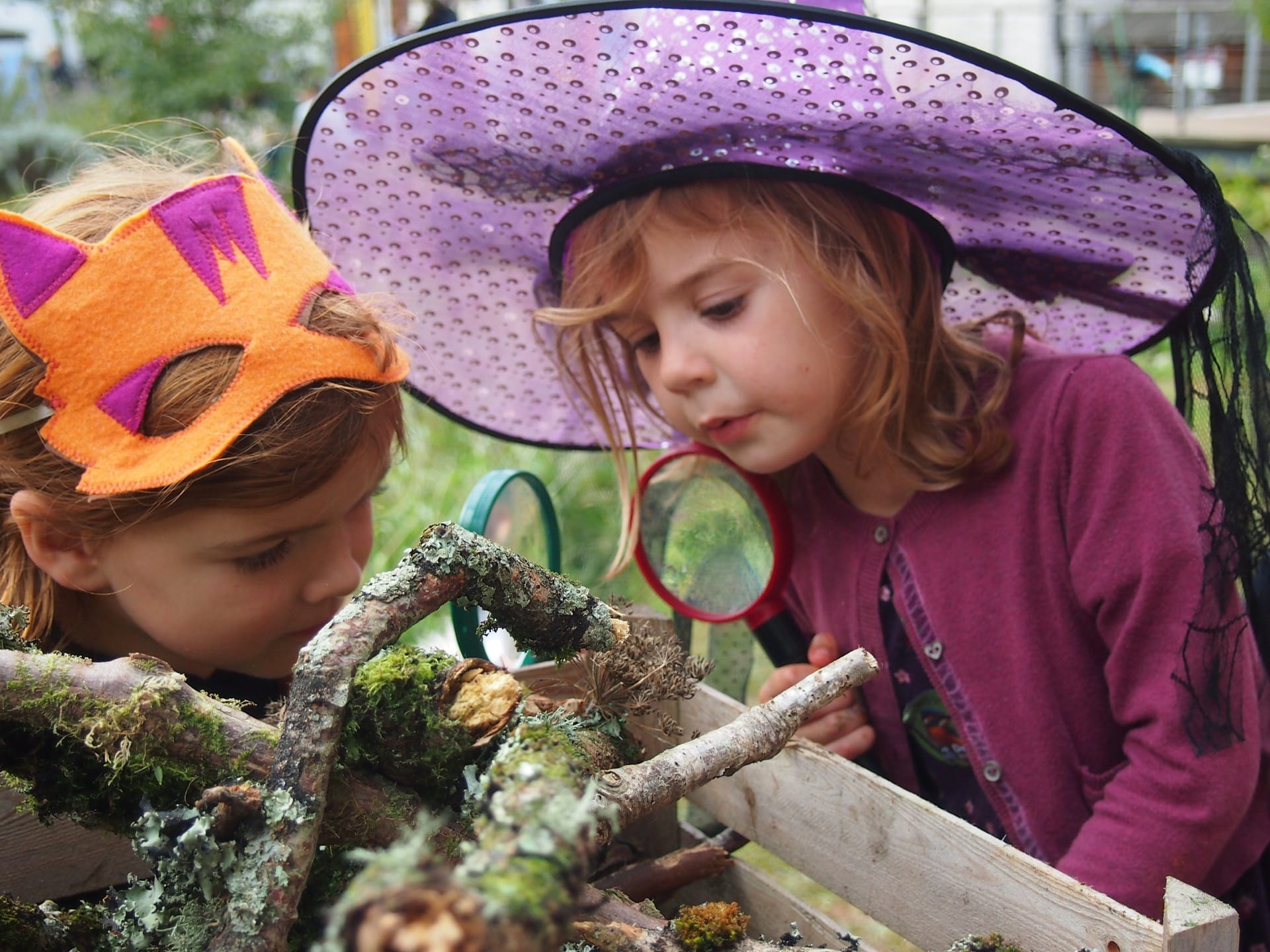
“Back in my day, children were playing outside all day everyday”. Wait, wait, wait! I promise this is not a passive-aggressive monolog.
Before you decide you can’t handle a depressing read about how young people have lost touch with nature, how they all prefer playing Minecraft on iPads over finding the perfect branch to hold a swing rope – I need to tell you a couple of things. I’m long way off reaching the pessimism associated with the grey hair stage of life. The other thing, I do feel that passionate statements about the change in relationship between young people and wildlife are pivotal to initially identify changing behaviours. However, I sense that such expressions create a hopeless atmosphere and to be blunt, are more or less useless in terms of rooting for solutions to bring about change.
Organisations like the Devon Wildlife Trust have long understood the decomposing relationship that has (and continues) to taking place between young people and nature. Dedicated to redirect the ‘lost generation’, the charity has a full-time position devoted to educating young people about all things ecological.


Paul Martin is The Devon Wildlife Trust’s Education Lead and is a great believer in the power of using natural resources, practically in schools, to reinstate a respectful affiliation with outdoor life.
I arranged to meet Paul on a very windswept day at Wembury Marine Centre, to understand more about his role and how his work is positively impacting the lives of school children across Devon.
Sat inside the Marine Centre, gusts of wind hitting the sides of the wooden building, Paul explained his date to day activities as DWT’s Educational Lead: “If I’m honest with you, every day is a bit different. I might do some forest schools one day, lecture at a university another day. I might be here at Wembury helping with a rock pool ramble or I might be strategizing.
It might be two-year old’s one day and late teens the next day – it’s just completely different everyday”.
The passion that Paul has for environmental education is evident. There was no pause for thought when we got onto to topic of motivation.
“Everybody talks about children being the future of the planet and I think we haven’t got time to wait for that; they are the current hope for the planet. So, if we empower children to make positive decisions now, they can influence people now.
My motivation is that nature is worth saving and I think children believe that, but we don’t give them the tools to do something about it”.
Before the conservationist was directly involved with DWT, Paul was a school teacher. He recognized the challenges that both staff and pupils were up against when they faced the topic of contributing to the conservation effort.
“When I was a teacher, I felt people cared about the environment, but felt disempowered. They felt the decisions were taken out of their hands or they weren’t old enough to make decisions”.
Introducing the concept of taking learning outdoors has not been without its difficulties. Recognising the pressures that schools are under to generate very specific outcomes from the curriculum, Paul said that he feels “The pressures in schools is one of the major challenges.
The understanding of nature being a valuable addition to the curriculum, rather than a nice add on but its core and central, is what we [DWT education team] try and teach”.
A school approving nature-based education is just one side of the DWT’s education endeavor and receiving the approval of parents and guardians is the other. But so far, conflict has not been an issue.
“We work with many schools and often we find parents coming to events afterwards, so parents seem to be very supportive when we are doing these things. One school in particular, the parent response has been very positive.
I suppose we are filling something they enjoyed in their childhood, but don’t seem to be doing in the same way with their own kids”.

Although Paul is very present in his way he approaches his work, he does have future objectives.
“My goal for the future is to see a whole generation who are, in terms of teaching, using nature as a resource, but also that children are growing in to a world where they are actively making positive change for nature on a day to day basis.
I would love to see nature as a core part of day to day learning in school. I would like to see schools utilizing the land around them. I would like to see children who are active in conservation activities, but also making decisions in their live that are positive for the environment”.
With the help of Paul Martin and his team, The Devon Wildlife Trust are changing the look of school education in Devon. With all-round positive reactions given to nature-based learning, it seems that Paul’s goal of helping a whole generation to connect with the natural environment might not be a far fetch as you think…
Everybody talks about children being the future of the planet and I think we haven’t got time to wait for that – they are the current hope for the planet.
